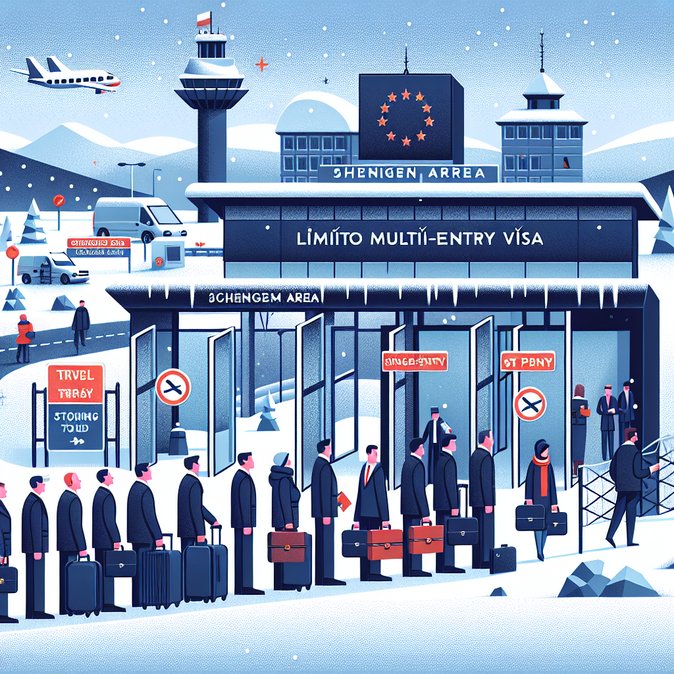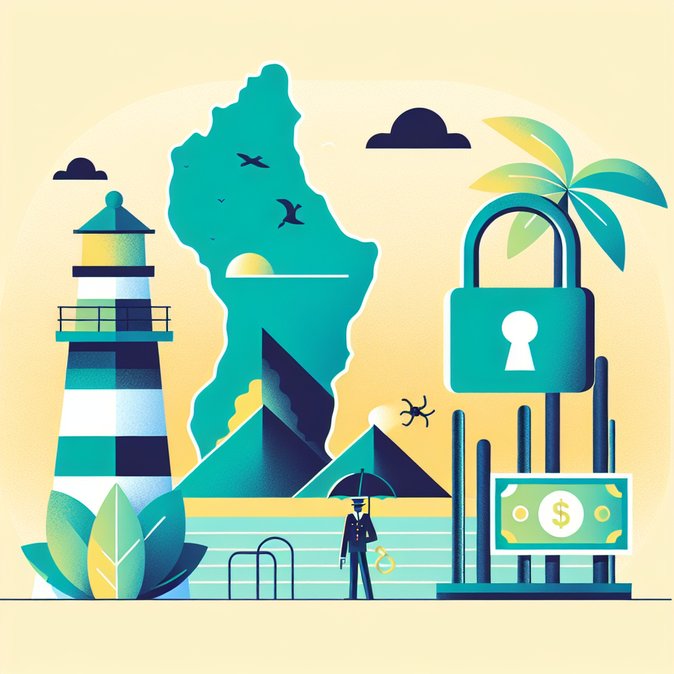
On 8 November 2025 the European Commission quietly introduced a major change to the Schengen Visa Code: Russian citizens are no longer eligible for multiple-entry Schengen visas and will instead be limited to single-entry permits. Although framed as a pan-European security measure, the decision immediately reverberated through Václav Havel Airport Prague, Czech inbound tour operators and corporate travel departments that routinely handle Russian business visitors.
Background and rationale – Brussels argues that the Kremlin continues to “weaponise” migration by encouraging travel that can be exploited for sabotage or intelligence gathering. Member-state diplomats have been debating tougher rules since early 2024, but the formal notice on 8 November makes the policy binding. Only a handful of exceptions remain: close family of EU nationals, long-haul truck drivers and seafarers may still secure nine-month multiple-entry visas.
Czech exposure – Before the war in Ukraine, Russian travellers accounted for roughly 3 % of all Schengen visas issued by Czech consulates; most were valid for two or three years and supported repeat trips for machinery trade fairs in Brno, spa stays in Karlovy Vary and high-end shopping in Prague’s Pařížská street. Travel-tech firm Kiwi.com estimates that 64 % of Russian bookings into the Czech Republic relied on multi-entry flexibility. Industry associations expect that figure to fall below 15 % once the new rule takes hold, reducing hotel nights and MICE revenue at a time when Chinese arrivals have not yet fully recovered.
![EU Restricts Multiple-Entry Schengen Visas for Russians, Impacting Czech Travel Sector]()
Compliance and HR implications – Czech employers will need to update invitation-letter templates and alert Russian assignees that every trip will now require a fresh visa appointment, biometric collection and insurance proof. Mobility managers should build a minimum 25-day lead time into itineraries and budget for higher consular fees. Employers hiring Russian experts on Short-term Work Visas should also note that single-entry Schengen stickers will complicate onward business travel within Europe.
Operational tips – 1) Book visa slots in Moscow, Yekaterinburg or Nur-Sultan immediately after a meeting date is fixed; calendars were already saturated before the rule change. 2) Advise travellers to retain original boarding passes as Czech border police may probe onward-ticket validity more frequently. 3) Consider remote work under Czech intra-company transfer permits (ICT) if frequent travel is unavoidable.
Strategic outlook – The restriction may accelerate Russia-oriented companies’ pivot to digital collaboration or to hubs outside the EU. For Czech tour operators, the upcoming 2025-26 winter season could see a double-digit decline in high-spend Russian tourists, pressuring revenues in spa towns and luxury retail. Conversely, compliance consultants and visa-outsource centres are likely to see a spike in demand for single-entry filings. Whether the rule remains temporary or becomes permanent will depend on the security situation and the effectiveness of EU-level border-protection reforms due for review in mid-2026.
Background and rationale – Brussels argues that the Kremlin continues to “weaponise” migration by encouraging travel that can be exploited for sabotage or intelligence gathering. Member-state diplomats have been debating tougher rules since early 2024, but the formal notice on 8 November makes the policy binding. Only a handful of exceptions remain: close family of EU nationals, long-haul truck drivers and seafarers may still secure nine-month multiple-entry visas.
Czech exposure – Before the war in Ukraine, Russian travellers accounted for roughly 3 % of all Schengen visas issued by Czech consulates; most were valid for two or three years and supported repeat trips for machinery trade fairs in Brno, spa stays in Karlovy Vary and high-end shopping in Prague’s Pařížská street. Travel-tech firm Kiwi.com estimates that 64 % of Russian bookings into the Czech Republic relied on multi-entry flexibility. Industry associations expect that figure to fall below 15 % once the new rule takes hold, reducing hotel nights and MICE revenue at a time when Chinese arrivals have not yet fully recovered.

Compliance and HR implications – Czech employers will need to update invitation-letter templates and alert Russian assignees that every trip will now require a fresh visa appointment, biometric collection and insurance proof. Mobility managers should build a minimum 25-day lead time into itineraries and budget for higher consular fees. Employers hiring Russian experts on Short-term Work Visas should also note that single-entry Schengen stickers will complicate onward business travel within Europe.
Operational tips – 1) Book visa slots in Moscow, Yekaterinburg or Nur-Sultan immediately after a meeting date is fixed; calendars were already saturated before the rule change. 2) Advise travellers to retain original boarding passes as Czech border police may probe onward-ticket validity more frequently. 3) Consider remote work under Czech intra-company transfer permits (ICT) if frequent travel is unavoidable.
Strategic outlook – The restriction may accelerate Russia-oriented companies’ pivot to digital collaboration or to hubs outside the EU. For Czech tour operators, the upcoming 2025-26 winter season could see a double-digit decline in high-spend Russian tourists, pressuring revenues in spa towns and luxury retail. Conversely, compliance consultants and visa-outsource centres are likely to see a spike in demand for single-entry filings. Whether the rule remains temporary or becomes permanent will depend on the security situation and the effectiveness of EU-level border-protection reforms due for review in mid-2026.


